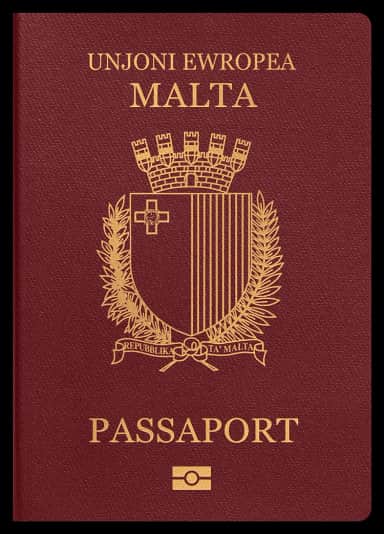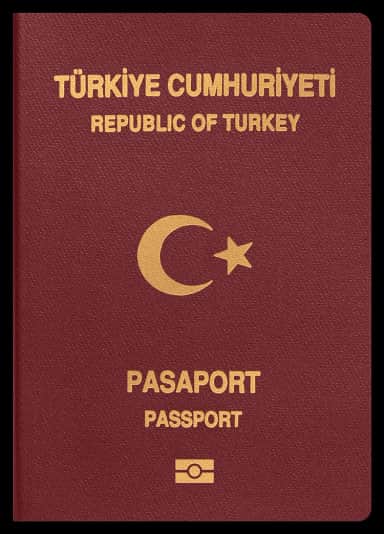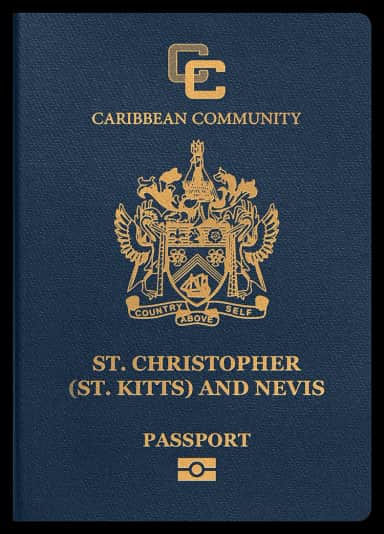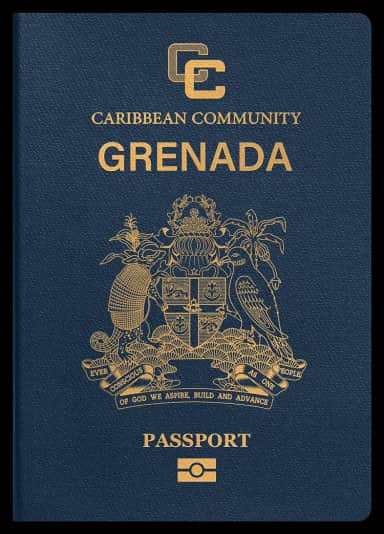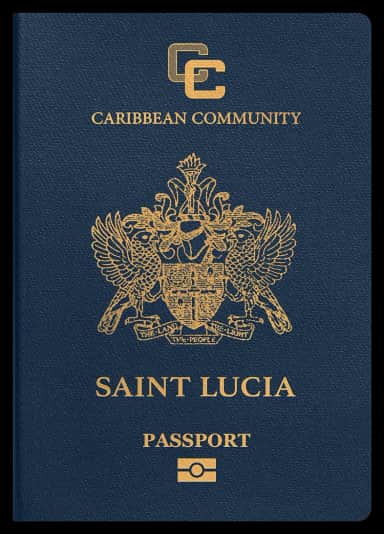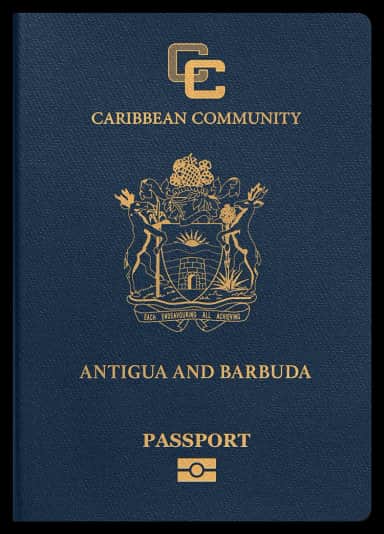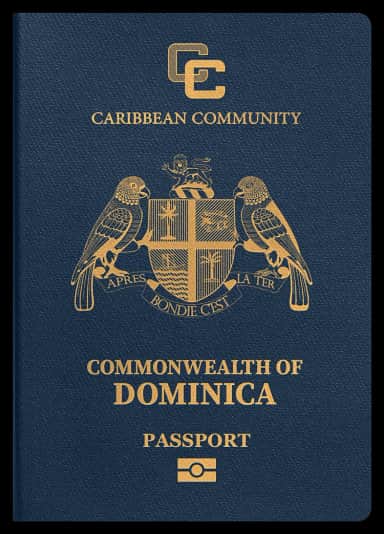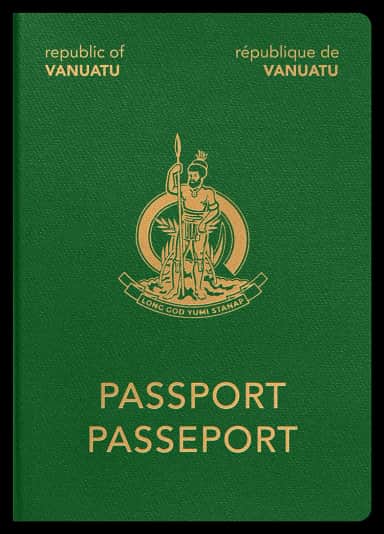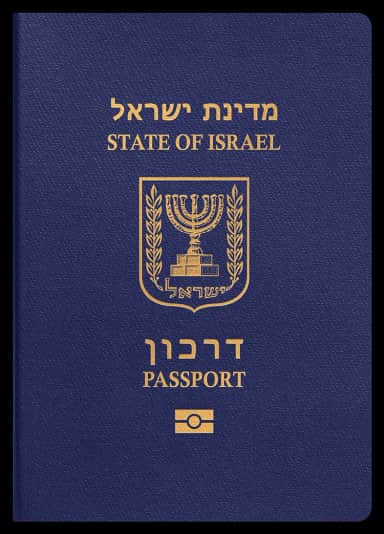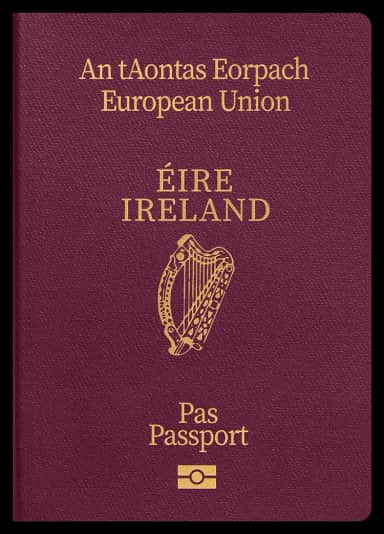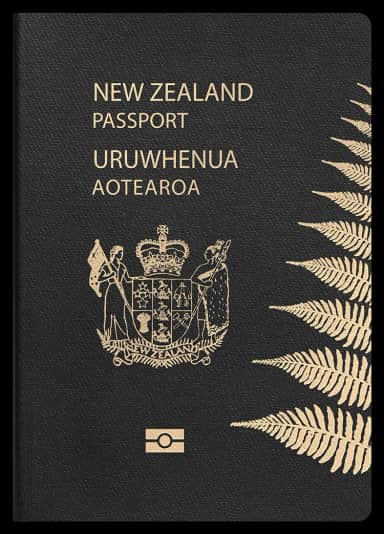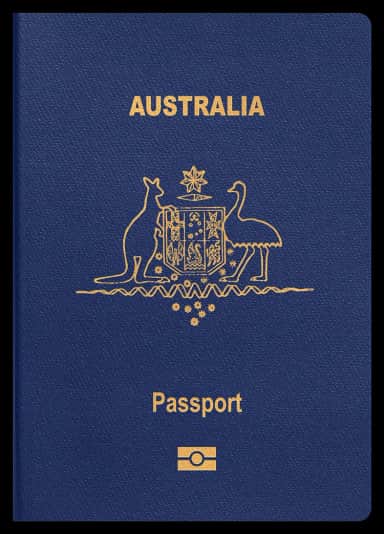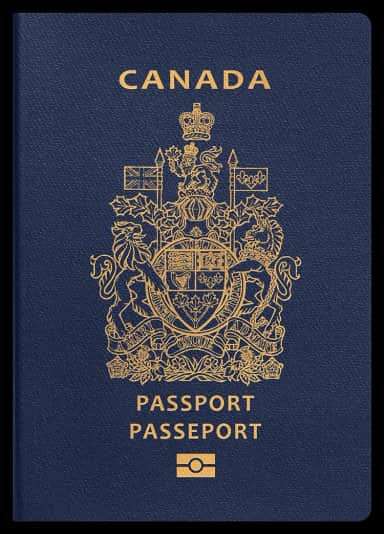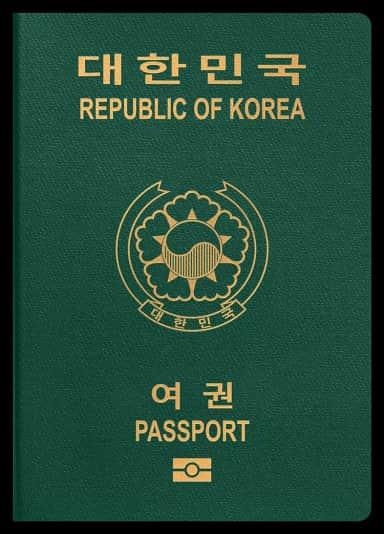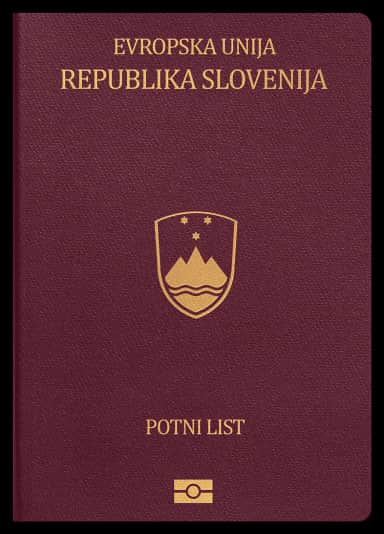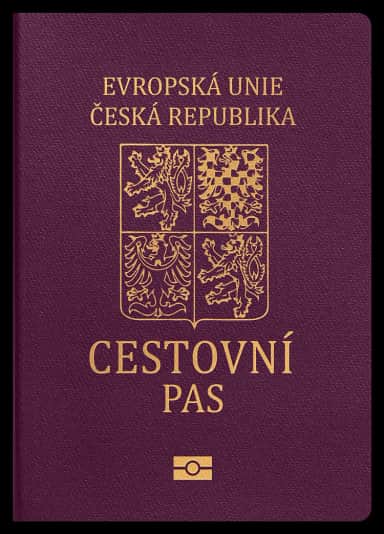
Japan Passport
Passport rankings out of 198 countries
Freedom of travel10
Asset protection21
Quality of life11
"Plan B"12
About Japan
An island state in East Asia. It is located in the Pacific Ocean, on the Japanese archipelago. It borders with Russia, the Republic of Korea and China. A great economic power, it ranks third in the world in terms of nominal GDP and fourth in terms of GDP at purchasing power parity.
Japan produces cars, electronics, machine tools, ships, chemicals, textiles and food products. Approximately three-quarters of GDP comes from the service sector. Tourism is developing: foreigners come to get acquainted with the culture and history of the country.
Population
125.6 million
Capital
Tokyo
Official language
Japanese
GDP per capita
$40.146
Time zone
UTC+9
Currency
Japanese yen
Japan passport ranking and benefits
1
Access to 192 countries
A Japanese passport provides visa-free access to the Schengen countries, the United Kingdom, China, Hong Kong, Japan and others. To travel to the United States, Canada, Australia, and New Zealand, a passport holder only needs a digital entry permit.
A Japanese passport provides visa-free access to the Schengen countries, the United Kingdom, China, Hong Kong, Japan and others. To travel to the United States, Canada, Australia, and New Zealand, a passport holder only needs a digital entry permit.
2
Life in Japan
Citizenship allows one to live, work, and study in Japan without restrictions. The country is in top 10 states in terms of quality of life Japanese cities of Kyoto, Fukuoka, Chiba and Tokyo are recognised as one of the most comfortable places in the world for birthing and raising children.
Citizenship allows one to live, work, and study in Japan without restrictions. The country is in top 10 states in terms of quality of life Japanese cities of Kyoto, Fukuoka, Chiba and Tokyo are recognised as one of the most comfortable places in the world for birthing and raising children.
3
Education and healthcare in Japan
he University of Tokyo ranks 23rd in terms of quality of education among 1,300 educational institutions in the world. Another 15 Japanese universities are in the top 500 of the QS World University Rankings. It is easier for a Japanese national to enroll in a local university than for a foreigner. Citizens of the country can also receive a state scholarship for studying, as well as healthcare benefits.
he University of Tokyo ranks 23rd in terms of quality of education among 1,300 educational institutions in the world. Another 15 Japanese universities are in the top 500 of the QS World University Rankings. It is easier for a Japanese national to enroll in a local university than for a foreigner. Citizens of the country can also receive a state scholarship for studying, as well as healthcare benefits.
Grounds for obtaining a Japan passport
Birth to citizens of the country
Marriage to a citizen of the country
Work for the country's government
Naturalization
Estimated time: 5 years
Repatriation
Adoption
Parents citizenship
Special conditions
Special services to the state
Obtaining a Japan passport by naturalization: requirements for applicants
Knowledge of state language
Assimilation or cultural knowledge
Stable financial status
Good health
No criminal records
Frequently asked questions
Which passports can be obtained by investment
Japan in the passport ranking for freedom of travel
South Korea 7 Place |
Luxembourg 8 Place |
United Kingdom 9 Place |
Japan 10 Place |
Israel 11 Place |
United States 12 Place |
France 13 Place |
Japan Passport in comparison with other passports
vs
China

